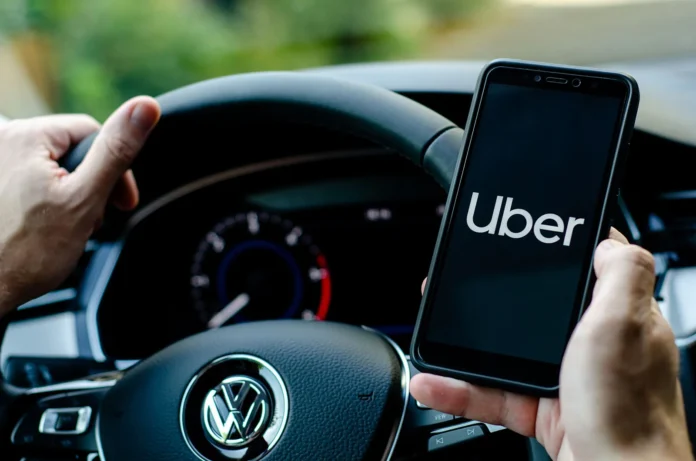Customers often use popular companies like Uber to replace more sustainable forms of transportation
By KATIE HELLMAN — science@theaggie.org
Ride-sharing services like Uber and Lyft are known for their convenience and accessibility. They have gained immense popularity in the last few years, but their extensive use comes with a hidden drawback: they often replace more sustainable forms of transportation.
The study, which was conducted in accordance with a state regulation aiming to reduce greenhouse gas emissions from transportation services, was published in Sage Journals.
“We found that over 50% of ridehailing trips in our sample were replacing more sustainable modes (i.e., public transit, active modes, and carpooling) or were creating new vehicle miles, with a 5.8% rate of induced travel, with public transit being the most frequently substituted mode,” the study reads.
Over half of trips taken by California survey respondents were substitutes for activities like walking, biking and public transportation due to their ease of use, which is one of their main selling points.
The study gathered data from individuals located in San Francisco, San Diego, Los Angeles and Orange County within the span of a year, and overall, 7,333 trips among 2,458 respondents were analyzed.
Only 5.8% of the trips were made by respondents who said that they would only have been able to get to their destination with the help of ride-sharing services, whereas almost half of the respondents were using these services to replace potentially more sustainable modes of transportation.
James Giller, a Ph.D. candidate in the Transportation Technology & Policy program at the Institute of Transportation Studies at UC Davis, commented on these equity issues in an interview with UC Davis Health.
“Hopefully, the results of this study can be used to increase the sustainability of ride-hailing and also address potential equity issues that are apparent,” Giller said.
The study has also revealed findings revolving around equity issues. Respondents without a car and who identified as a racial or ethnic minority were found to be least likely to cancel their trip even without transportation services, showing that these services were essential to their travel plans. The wide use of these services can therefore increase these social impacts, in addition to increasing traffic and greenhouse gas emissions that could be avoided with other modes of transport.
“It’s all about making sure [ride-hailing services are] used in the most efficient way by increasing the occupancy of the vehicles; by making sure these trips connect people to transit stations for longer distance travel; that they’re done in efficient, clean cars; and that we can reduce as much as possible the inefficiencies associated with finding passengers and going to pick them up,” Giller said.
Written by: Katie Hellman — science@theaggie.org









